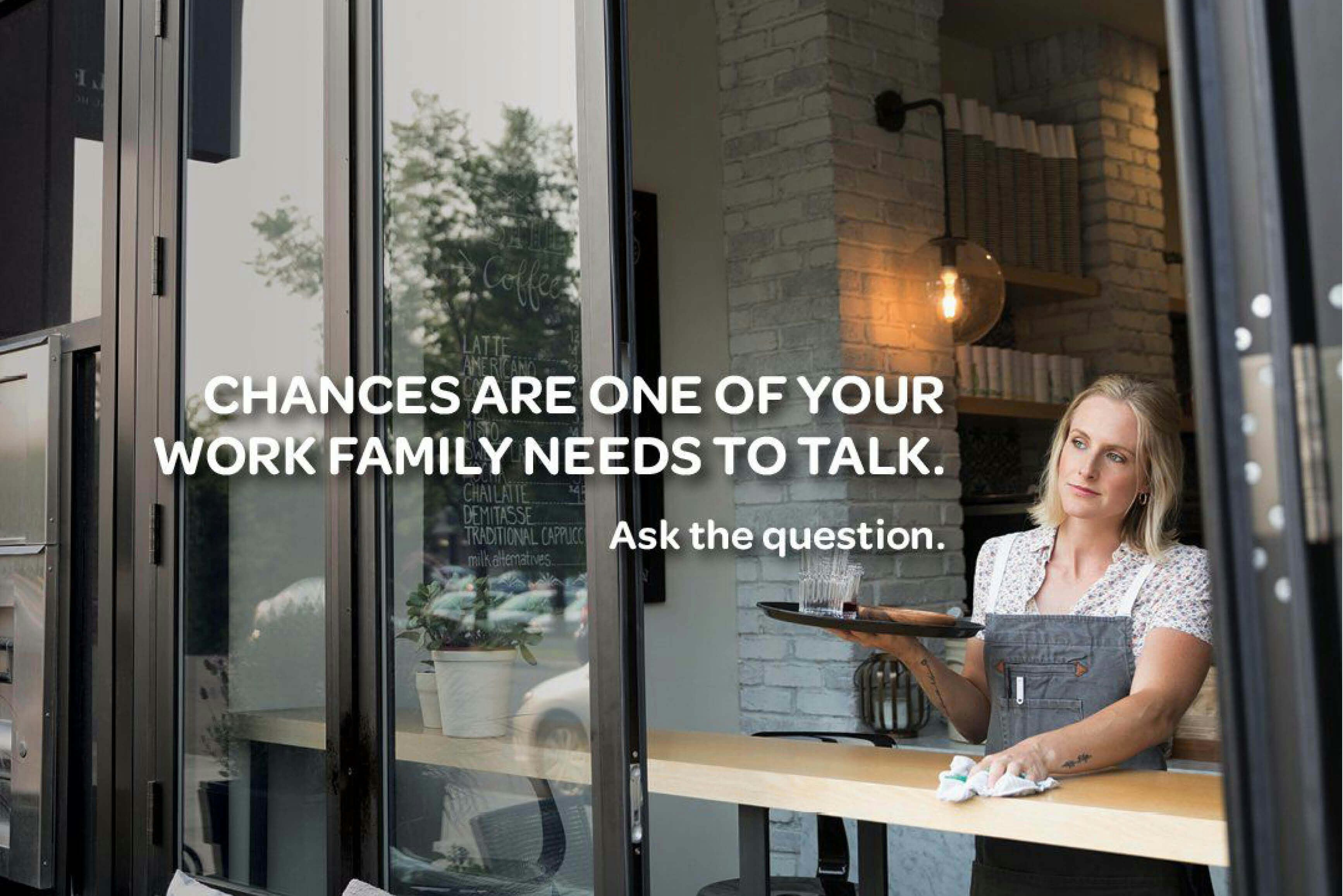
Overcoming holiday stress
Many business owners are seeing Christmas as an opportunity to ‘catch up’ after slow year, but it is important that this does not lead to increased stress and burnout.
A new Australian Treasury report has revealed the impact of the COVID-19 pandemic on the mental health of small business owners. While lockdowns and other restrictions may no longer be affecting business owners, many stressors are having a long-term impact. COVID-19 left many business owners in a state of uncertainty, concerned about the future success of their business. This meant many were working harder than ever to stay afloat and spending more time thinking about their business outside of work hours. COVID-19 also created additional duties for small business owners like managing grants and JobKeeper payments. Many businesses are still recovering from these impacts, so it is no surprise that difficulty finding a balance between the demands of work, family and personal life was the top business stressor identified in the report. Work-life balance has always been a challenge for business owners, and the pandemic may have made this feel more unachievable. One way business owners can restore some balance is by taking some time off work. While the Christmas ‘break’ may mean time off for some, it can be one of the busiest times of year for others, and it can be difficult seeing others getting paid time off to relax and unwind. You may also be left short-staffed or alone due to employees taking time off over the holidays. As a small business owner it is important to plan for time off to ensure you are taking a break every so often, even if this not over the Christmas period. While this may seem difficult, taking time off is an important part of looking after your mental and physical wellbeing, and ensuring you do not become overly stressed or burnt out. Some tips to help you plan for some time off include:
You can find more information on work-life balance, planning for time off, and burnout on the Ahead for Business digital hub. We hope you can schedule some well-deserved time off in 2023. |

Many business owners are seeing Christmas as an opportunity to ‘catch up’ after slow year, but it is important that this does not lead to increased stress and burnout.

It’s been a tough year, and for some, Christmas is the shining light at the end of the 2020 tunnel with family celebrations, social connection and time off work. For others, the holiday period may be a time of stress or isolation, with many unable to travel to be with family or friends this year.

Small businesses in the hospitality industry can access free resources to promote mental wellbeing in their workplaces.

Working with small business owners, who share their stories to empower you to take action in your business.